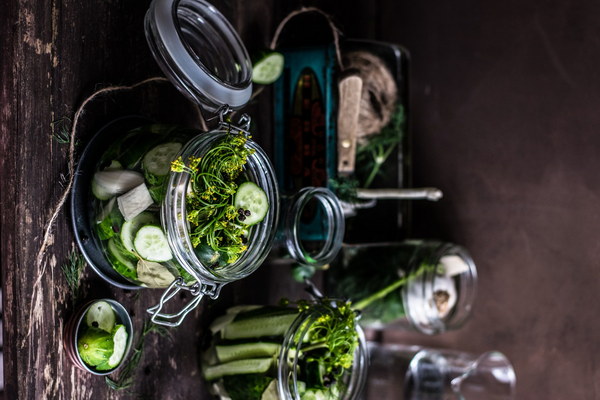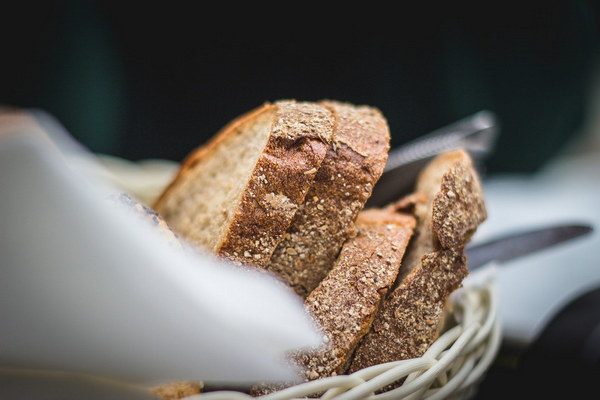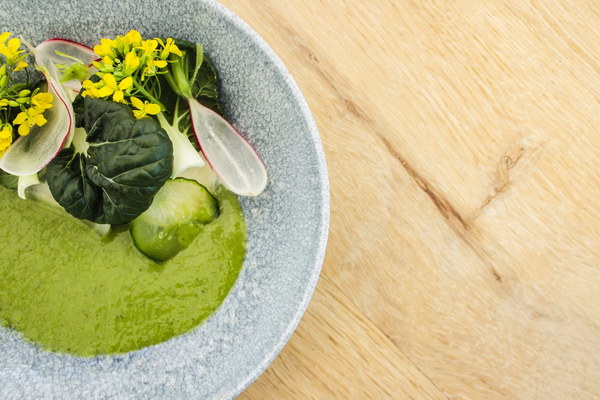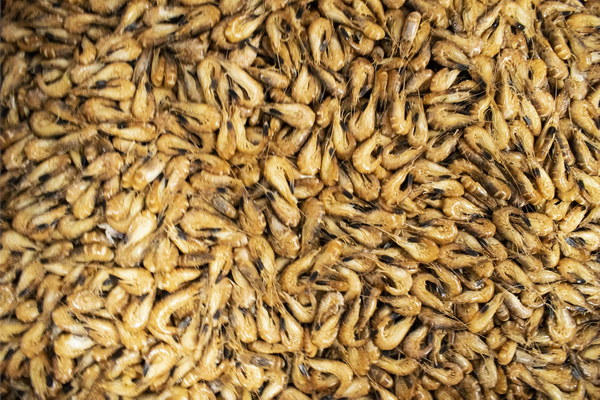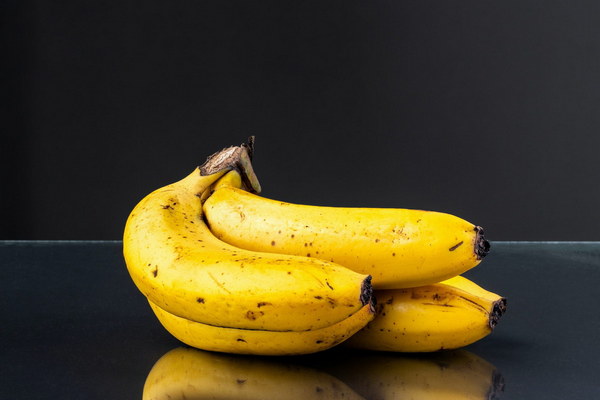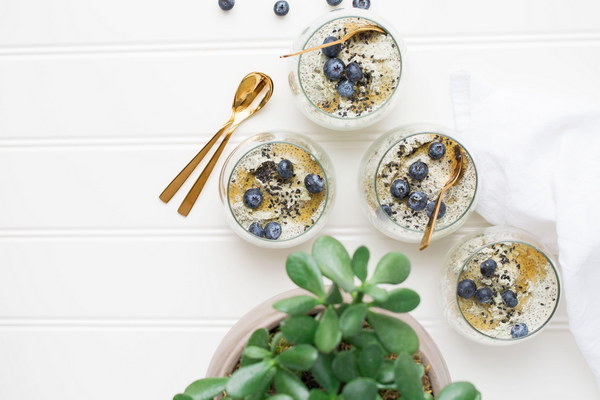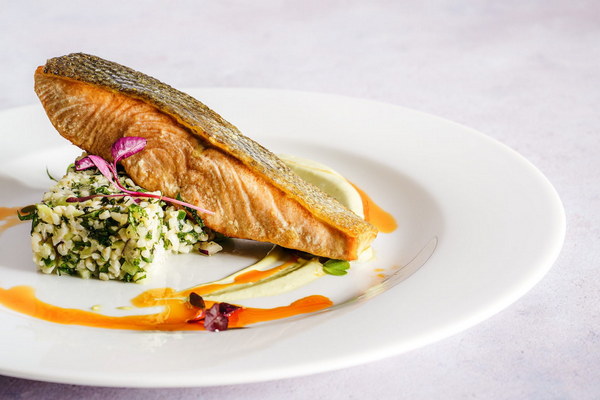Embrace the Autumn and Winter Nourishment A Guide to Traditional Chinese Tonification
As the seasons transition from summer to autumn and then to winter, the Chinese have long followed the principle of Yin and Yang to maintain their health and vitality. This article delves into the art of tonification, offering insights into traditional Chinese practices for nurturing the body during the cooler months.
The Concept of Tonification
Tonification, in traditional Chinese medicine, is the process of strengthening the body's vital energy, known as Qi (pronounced chee). The aim is to enhance the body's resistance to illness and improve overall well-being. During autumn and winter, when the external environment becomes cooler and drier, it is essential to support the body's internal balance by adopting appropriate tonifying practices.
Seasonal Foods
One of the fundamental aspects of tonification is incorporating the right foods into your diet. Autumn and winter are the ideal times to consume foods that are warm and nourishing, such as root vegetables, nuts, and seeds. Here are some seasonal tonifying foods:
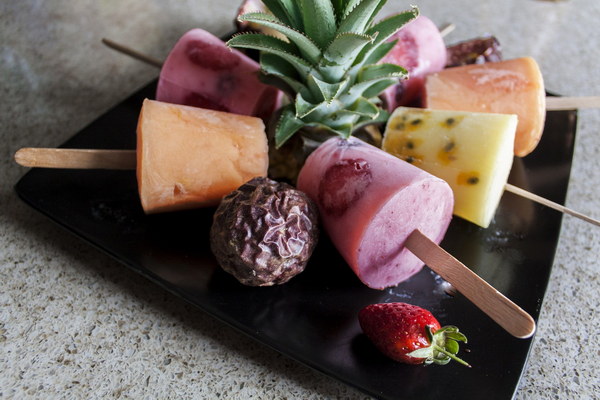
1. Root Vegetables: Carrots, beets, turnips, and sweet potatoes are rich in vitamins and minerals, providing energy and warmth to the body.
2. Nuts and Seeds: Almonds, walnuts, sunflower seeds, and chia seeds are excellent sources of healthy fats, protein, and nutrients that can strengthen the immune system.
3. Fruits: Apples, persimmons, and pears are not only delicious but also provide essential nutrients and fiber to support digestion.
4. Herbs and Spices: Ginger, cinnamon, and star anise are commonly used in Chinese cooking to enhance the body's ability to ward off colds and flu.
Herbal Tonics
In addition to a balanced diet, many Chinese tonifying herbs can help fortify the body during the cooler months. Some popular options include:
1. Ginseng: Known for its ability to boost energy and improve overall health, ginseng is a go-to herb for tonification.
2. Astragalus: This herb strengthens the immune system and helps the body adapt to stress.
3. Codonopsis: Often referred to as Poor Man's Ginseng, codonopsis is a mild, yet effective, tonifying herb.
Exercise and Breathing
Physical activity and breathing exercises are also crucial for tonification. During autumn and winter, engage in gentle exercises that promote blood circulation and respiratory health, such as tai chi, qigong, or yoga. These practices help to strengthen the body's internal systems and enhance energy flow.
Sleep and Relaxation
Adequate sleep and relaxation are essential for tonification. As the days get shorter and colder, it's important to maintain a regular sleep schedule and practice relaxation techniques, such as meditation or deep breathing exercises, to reduce stress and promote overall well-being.
Conclusion
Embracing the art of tonification during autumn and winter can lead to improved health, vitality, and resilience against illness. By incorporating seasonal foods, herbal tonics, gentle exercise, and relaxation into your daily routine, you can nurture your body and mind, ensuring a smooth transition through the cooler months. Remember, tonification is not just a seasonal practice; it is a lifelong journey towards optimal health and wellness.

